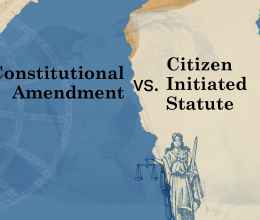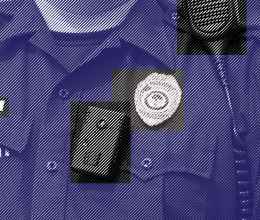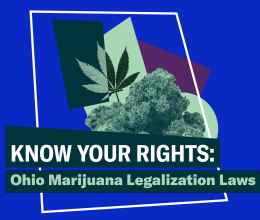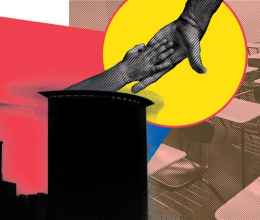Below is our Chief Lobbyist Gary Daniels' opponent testimony on House Bill 164. This was delivered to the Senate Education Committee on June 9, 2020.
To Chairwoman Lehner, Vice Chair Brenner, Ranking Member Fedor, and members of the Senate Education Committee, thank you for this opportunity to present opponent testimony on House Bill 164.
House Bill 164 is a true mixed bag. On the welcome side, it removes specific language that restricts Ohio students' rights to religious liberty in public schools. On the other hand, much of HB 164 seeks to enshrine principles of constitutional law into state law. This may sound like a positive development. But, it would be messier than anticipated. Case law is ever-changing. Passing legislation is typically slow-moving and never a certainty. The need to update state law with future versions of HB 164 to reflect changes because of court rulings is not a task I suspect this committee welcomes.
Certainly, HB 164 restates core religious liberties and constitutional principles found in and adequately protected via the First Amendment to the U.S. Constitution and the Ohio Constitution. Adding a third layer via HB 164 is unnecessary and will confuse instead of provide greater clarity, the intention of this bill.
Indeed, students have the fundamental right to pray and discuss their religious beliefs with fellow students as long as they are not disruptive. They can already express their religious beliefs in homework, reports, essays, and artwork, so long as those beliefs are germane to the assignment and coursework. They may distribute religious literature to fellow students, subject to typical time, place, and manner restrictions imposed on all such speech. They can participate in religious events such as "See You at the Pole" before and after the school day, on school property. They form student-led religious clubs that have the same access to resources and facilities as secular clubs. They can and do wear clothing reflecting their religious beliefs and with religious messages.
All of this is consistent with the constitutional mandate that government remain neutral in matters of religion and religious practices, neither infringing upon or endorsing those beliefs.
However, in some key ways, HB 164 ignores that neutrality mandate and gives religious speech more protection than secular speech. This can and ultimately will result in the proselytization and unwanted coercion of students of different religious beliefs and those with none.
To more fully illustrate some problems with HB 164, consider these two examples:
- A student is assigned homework in a biology class and completes her assignment claiming the Earth and universe around her is less than 10,000 years, as Young Earth Creationists believe. Can the teacher give her a lesser grade? Under HB 164, the answer is "no" as this legislation clearly states the instructor "shall not penalize or reward a student based on the religious content of a student's work".
- Students use school resources and events to communicate information to each other, including the public address system, school assemblies, student run newspapers, and other methods and events . Under HB 164, must these same opportunities be equally available to those who wish to broadcast prayers and proselytize to their classmates, a captive audience in school? That answer is "yes" as HB 164 requires religious speech and expression be treated "in the same manner and to the same extent" as non religious speech and expression.
Examples like these will cause a variety of problems for public schools as, under HB 164, they are apparently required to accommodate these efforts, even if it means a commandeering of school property and resources to promote prayers and other religious speech. Previous attempts of this type have been ruled unconstitutional by federal courts numerous times. But the repetition of this problem in HB 164 could lead to costly litigation for schools across Ohio, unfortunate distractions for students, teachers, and school administrators, and alienation of religious minorities in our classrooms.
Indeed, protecting religious liberties in our schools is a laudable goal. However, there is no evidence of any widespread or notable problems of this type in Ohio. In the ACLU of Ohio's experience, when problems do arise in schools they are anomalies and we treat them as such. That is, we typically handle any controversies of this type through communication with school boards, administrators, and their legal counsel and not by rushing to the courthouse to file a lawsuit.
We do this with the understanding that, many times, a situation of this type may arise because a single teacher or administrator experienced confusion as to the school's legal authority and others are left unaware of their actions.
To that end, increased education regarding the religious liberties of public school students is never a bad thing for all involved. The ACLU of Ohio believes that would be a more productive effort as opposed to HB 164, which is unnecessary, invites confusion, tasks public schools with engaging in practices found unconstitutional, and may divide communities. We urge your rejection of House Bill 164.








